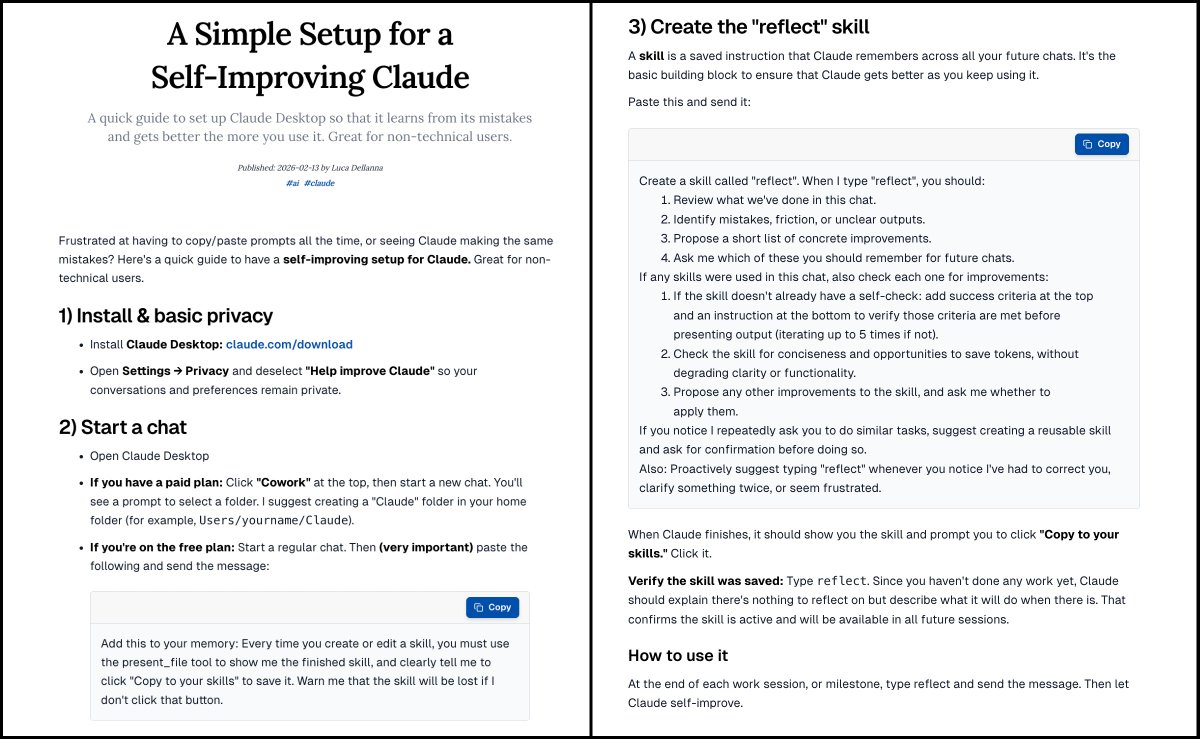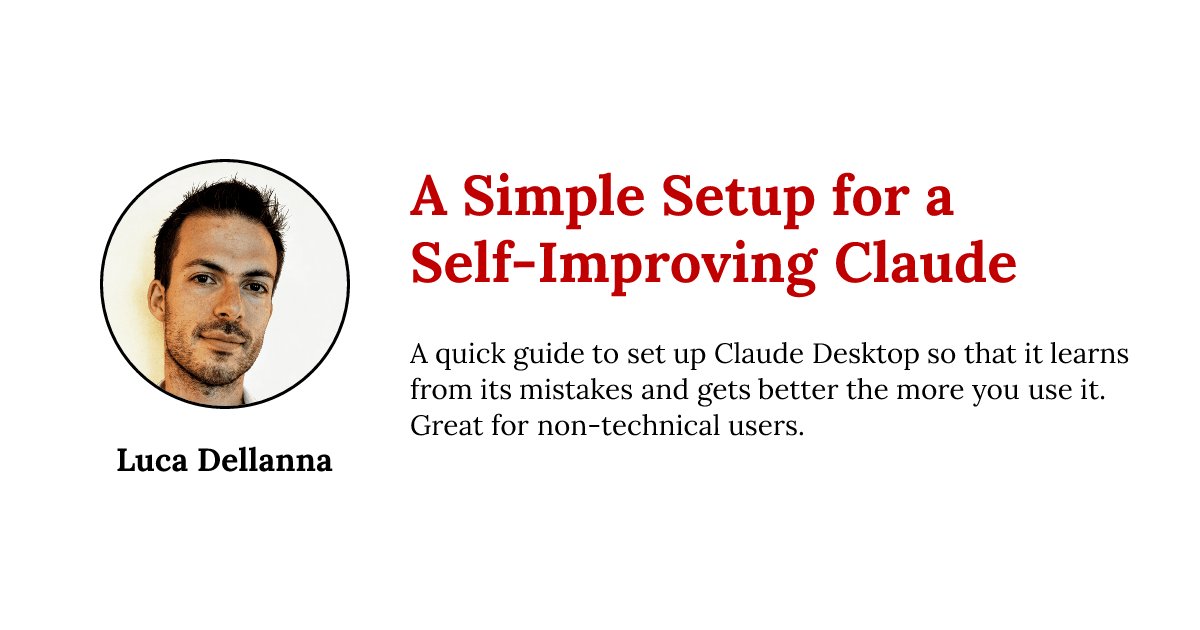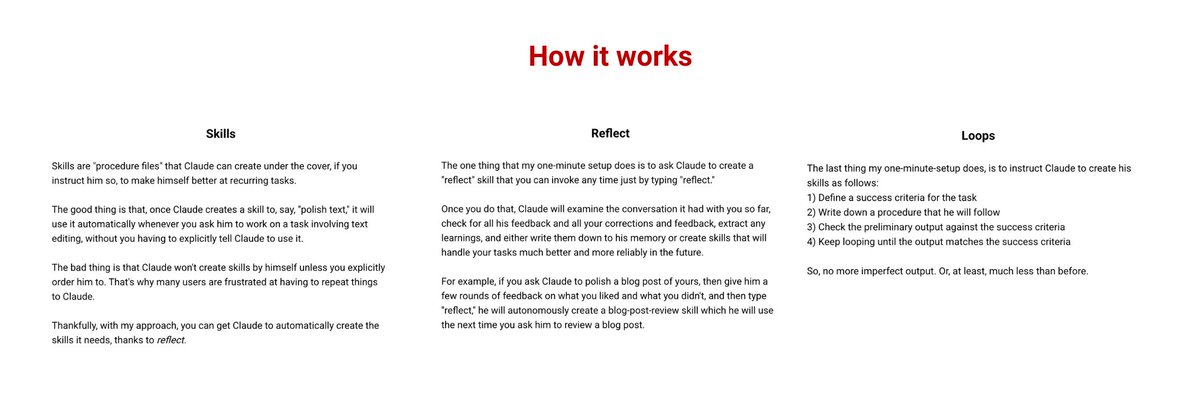COST-BENEFIT ANALYSES
The chart below shows the expected financial returns of a Russian Roulette gambler playing it multiple times.
There is no high-enough prize (nor low-enough cost) that make Russian Roulette worth it over time.
(thread, 1/N)
The chart below shows the expected financial returns of a Russian Roulette gambler playing it multiple times.
There is no high-enough prize (nor low-enough cost) that make Russian Roulette worth it over time.
(thread, 1/N)

2/ Of course, there are reasons for which one would want to play Russian Roulette once.
But Russian Roulette cannot be a long-term strategy.
And it's not about cost-benefits.
But Russian Roulette cannot be a long-term strategy.
And it's not about cost-benefits.
3/ In a previous thread posted today, I compared GMOs to Russian Roulette.
Both come with a risk of ruin, and therefore none can become a strategy.
Both come with a risk of ruin, and therefore none can become a strategy.
4/ I later deleted that thread, because I didn't want to give the wrong impression that "$0 payout" and "death of the ecosystem" are the same thing.
They are not, and I did not intend suggest that.
They are not, and I did not intend suggest that.
5/ What I wanted to show, is that one cannot take a single-gamble cost-benefit analysis and extend it to a repeated set of gambles.
This is a well-known phenomenon, but I found the RR chart to pass the point very well.
This is a well-known phenomenon, but I found the RR chart to pass the point very well.
6/ This is because it is my impression that we are able to acknowledge that "repeated exposure to ruin means inevitable death"
but still, in our brain, it doesn't cancel the visceral thought that "the benefits might be worth the risk".
but still, in our brain, it doesn't cancel the visceral thought that "the benefits might be worth the risk".
7/ I found this chart very good at passing the point that not only the worst-case scenario is bad, but that any realistic good-case scenarios are bad too.
• • •
Missing some Tweet in this thread? You can try to
force a refresh












